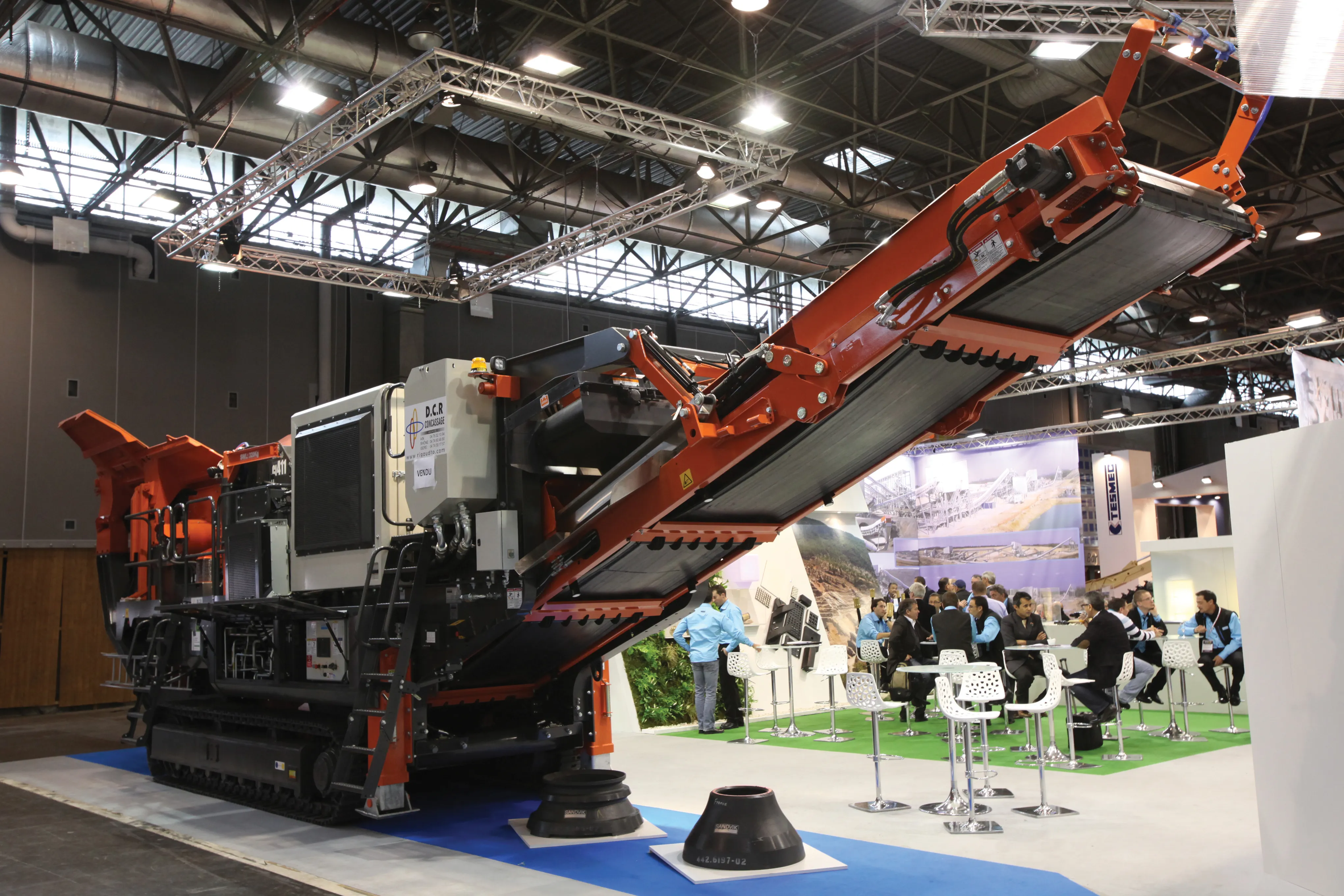An innovative approach to power generation is being taken in Japan, with highway companies planning to rent out space to utility companies to install solar power arrays.
February 23, 2012
Read time: 1 min
An innovative approach to power generation is being taken in Japan, with highway companies planning to rent out space to utility companies to install solar power arrays. Existing sound insulation barriers could be fitted with solar panels, while additional barriers could be installed to carry the solar power generators. The plan is intended to boost solar power generation and reduce reliance on fossil fuels. The plan will also help reduce the impact of highways in urban areas as the solar arrays will provide additional noise attenuation capabilities. Under a plan from the 3052 Japanese Ministry of Economy, Trade and Industry, highway firms will rent out roadside embankments, soundproof walls and other unused space in the highway system throughout the country to 900 Kyocera, 901 Toshiba, 3051 Sharp and other solar power generation companies. The plan will be commencing in 2012.








